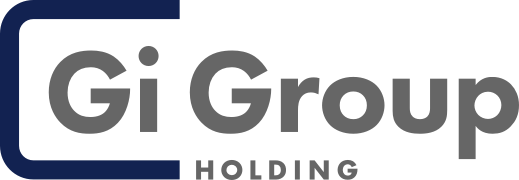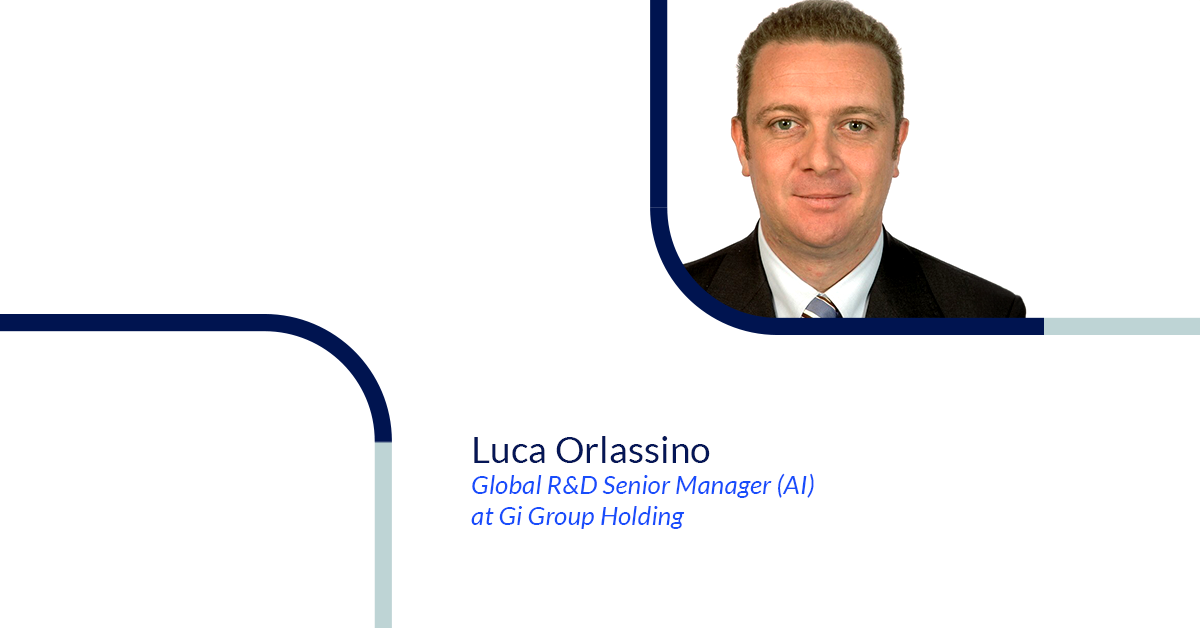Smart Working: A Path Forward to More Agile, Flexible Teamwork at Gi Group Holding
Maria Luisa Cammarata, Global HR Senior Director at Gi Group Holding

Smart Work represents an agile workstyle increasingly adopted by companies to meet the needs of a disruptive and ever-changing business environment. Since the arrival of Covid into our lives, businesses increasingly work in a mixture of on-site, remote and hybrid environments. Adding the Smart (mainly technological) layer on top of those arrangements helps them get the most out of their human capital; deciding when and where it makes sense to have full-time hires, bring on temporary staff, or work with external advisors and freelancers.
Specifically, the ‘smart’ aspect of work typically refers to the use of technology to automate or optimise business processes to improve both performance and satisfaction derived from a job.
For us at Gi Group Holding, smart working has become part of normal life. It’s an expectation across many professions. Our employees have greater freedom to decide where and how to work, as well as when and how to connect
Maria Luisa Cammarata
Global HR Senior Director at Gi Group Holding
The reality though is that smart working does have its opportunity cost. For all the flexibility and freedom it offers, there is downside of limited, true personal connection. Of course, employees do meet online for planning calls, meetings, etc. but the profoundness of connection (i.e., the added value of getting to know colleagues on a deeper level through conversation that was once standard in breakrooms and at the water cooler) has mostly been lost. And the new challenge for managers and team leaders trying to build team cohesiveness is to figure how to get that collegial bond back: how to build relationships that drive employees to work toward higher goals and an overarching company vision.
Value of strong managers
The past couple years and the shift to smart working have seen the introduction of a number of new workstyle paradigms. Company managers had to test many approaches and see which structures or collaboration arrangements best fit their office teams. This involved not only oversight of practical work tasks at hand, but also managers looking after the emotional and spiritual well-being of their employees.
Companies increasingly address a broader range of issues in assessment and recruitment. There is specific focus on diversity, equity and inclusion. The "human" part of the candidate search equation is more important with a greater need for soft skills assessments. During Covid lockdowns, assessment services helped us (for our clients) get a better sense of candidates' talents and potential, along with their motivations and values. This led to better matches with companies’ cultures, goals and purposes. Companies have also made stronger efforts to deliver positive experiences during candidate assessment. For example, gamification is increasingly popular for assessment programs; with new technologies delivering tools that are smarter and more user-friendly. Today’s assessment tools offer greater adaptability so recruiters can design specific evaluations, e.g., creative problem-solving or emotional intelligence (EQ).
Maria Luisa Cammarata
Global HR Senior Director at Gi Group Holding
The key task for managers since Covid has been to codify and systematize the findings from their support experience and turn this information into flexible work guidelines. These are rules that employees can work (and live) with to deliver their best for the businesses they work for.
But what do employees want?
As mentioned above, smart working has changed a lot of workplace norms. The current labour market sees asks related to smart work set-ups that vary from sector to sector, while still having a standard set of job candidate and/or employee requirements. “For our recruits in the IT sector, it’s simple. ‘Can I work remotely?’ is one of the first questions they ask. On some markets, it’s becoming difficult to source needed talent where we don’t always have the necessary people resources on-site. Things get complicated when discussions turn to relocation. Then there are departments like Sales where smart work and remote work arrangements are sought after, and beneficial, because employees can spend more time in the field: where they need to be,” adds Ms. Cammarata. The new normal is a reality where candidates increasingly ask for #flexible work arrangements. They have grown to like smart work set-ups, because it helps fulfil their personal goals of greater work-life balance. But then the issues of connectivity and commitment creep back up again. Businesses are increasingly concerned about how company teams can build a connection to and embrace a company vision and strategy if they do not feel they are part of a physical collective; if there is no daily activity in group where they and their team partners work to align themselves with the corporate mission and values. Do remote employees truly understand the WHY? of the company? “At Gi Group Holding, we are working to address this issue,” explains Ms. Cammarata, “Not only do we have guidelines and support our managers in clearly explaining mission and values issues along with our general expectations of employees working in smart and/or remote work set-ups, but we are also exploring ways to make the virtual/remote workspace more #inclusive ; more connective. We are testing a project with Virtual Breakrooms where employees can enter online to recreate the personal bonding situation previously achieved through informal conversations at the coffee machine, in elevators or in hallways. Our focus is to move isolated conversations from home office set-ups to a new space where employees can focus more on relationship-building with team members and colleagues.”
Connection is the key to managerial and team success
Although in some corners of the world, proclamations are being made that the pandemic is behind us. Unfortunately, its impacts and long-term psychological side-effects are not. Businesses report that employees still show needs for, and seek, support at various times. It is difficult to predict when the burden of the strain from the past two years will become too big to bear. This is where managerial involvement is critical.
With my team, I call this an issue of HR devolution. I work with our managers to give them the tools to provide more direct mental and emotion support for their teams. They know their employees best and know how best to take care of them. Through HR, we deliver the policies, frameworks and guidelines, but we increasingly depend on our managers to take care of their people
Maria Luisa Cammarata
Global HR Senior Director at Gi Group Holding
And this is the next big challenge in the world of smart work: connection on a deeper level. We have the tools to log on and chat, report work results and share project statuses, but this new system will only truly become ‘smart’ when employees can reconnect on a #human level, understand one another’s value, and make sure support systems are in place to ensure they, as teams, succeed in their broader professional missions.





